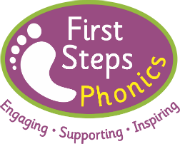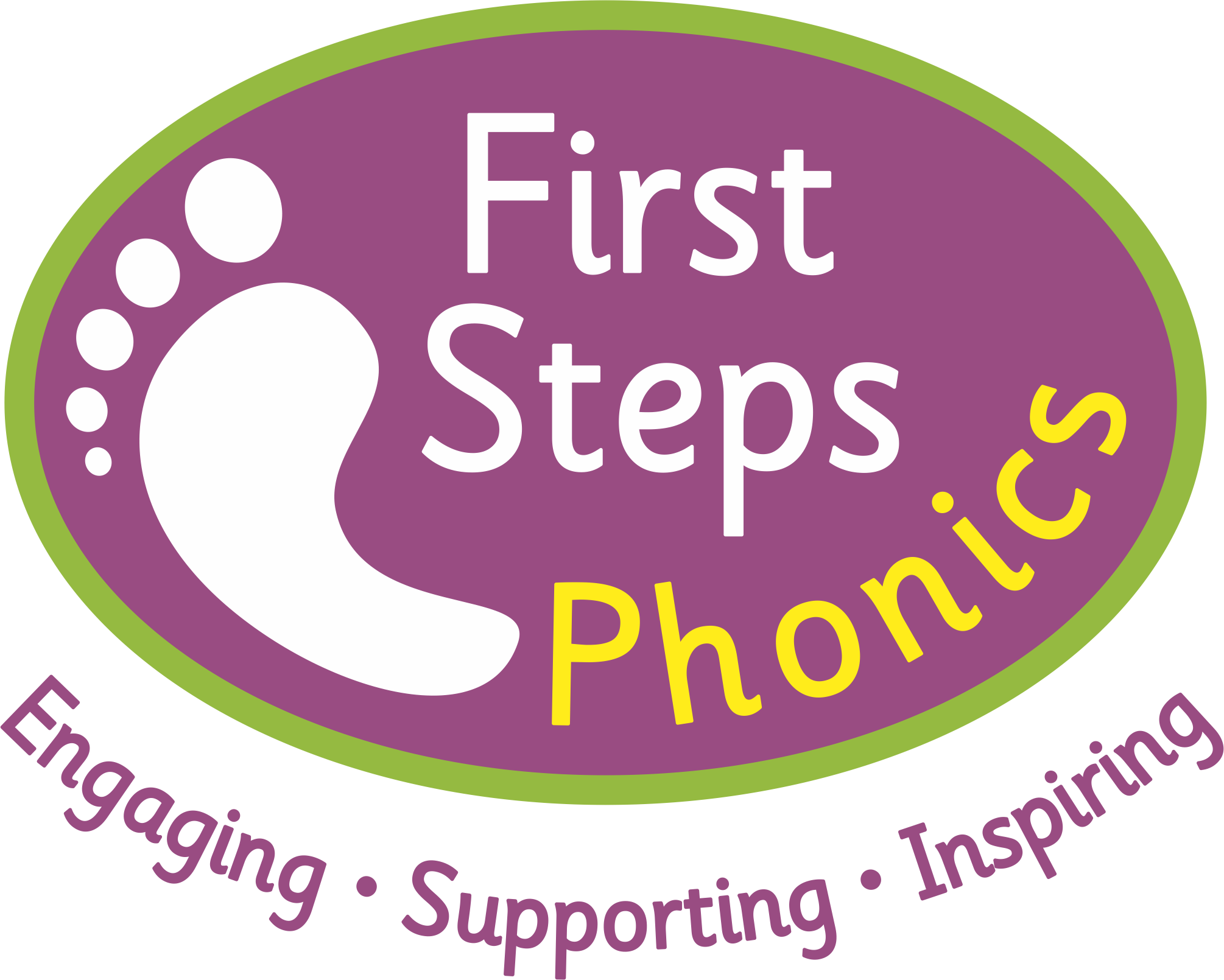Would you like to give your child a head start?

Children who enjoy reading seem to have an advantage. Reading for pleasure has been shown to affect a child’s cognitive development. Studies have linked reading for pleasure with improved attainment and increased general knowledge. Reading for pleasure is also thought to have emotional and social benefits; those who enjoy reading may have a greater insight into human behaviour and decision making, alongside an improved understanding of other cultures.
Do you know how the Phonics technique works?
Research has shown that the most effective way to teach young children to read accurately is to introduce them to sounds in a structured way. Schools across the United Kingdom use the Phonics technique. Sounds are taught in a specific order, with the easiest first. Children are taught to:
- Recognize the sound that each letter makes
- Identify the sounds made when letters are combined e.g. ‘oo’ or ‘ei’
- Blend letters together in order to make a word
Through developing these skills, children begin to ‘de-code’ words that they hear or see. This enables them to confidently tackle new words and to develop a love of reading.

What is the Year 1 Phonics Screening Check?
At the end of Year 1, your child will complete a ‘Phonics Screening Check’ in order to assess their Phonics knowledge. Each child is asked to read 40 words aloud. The words used in the test also include ‘non-words’ e.g. ‘jound’ and ‘vap’. This allows the teacher to assess the child’s ability to ‘decode’ novel words.
Do you have the skills and knowledge that you will need to support your child’s learning?
Research has repeatedly shown that parental involvement has a large and positive impact on children’s learning; children whose parents are involved in their child’s learning, and are able to extend the learning beyond the classroom, are likely to make more progress. Research also suggests that children’s literacy can be improved through supporting parents to teach specific reading skills to their children; this has been suggested to be more effective than just listening to the child read.
However, parents can only be fully effective in helping their children to learn to read if they themselves understand how Phonics is taught and are able to use Phonics-based techniques to support their child. For this reason, at First Steps Phonics, we believe that it is just as important to teach you about Phonics as it is to develop your child’s skills. This will allow you to have the tools and skills required to support your child as they start school.
How can the First Steps Phonics session help you and your child?
Phonics teaching has been shown to be most effective when it is fun and children are given lots of encouragement. Scientists have also discovered that the human brain is most receptive to learning in our first few years of life. Consequently, at First Steps Phonics, we wanted to develop a course that introduces your child to Phonics through fun, interactive activities, supporting them to grasp the key concepts before they start school. We believe that if your child is confident in their reading ability, they are more likely to enjoy reading and to experience all of the advantages that reading for pleasure brings.
All of our First Steps Phonics sessions were developed by a qualified Early Years Foundation Stage teacher who was praised for the remarkable of achievement of 100% of the students in her class being awarded a ‘pass’ on their Year 1 phonics screening check.
References:
- Learning to read through phonics (2013). Department for Education
- Why is Early Learning important? (2019) John Hopkins University
- Research evidence on reading for pleasure (2012) Department for Education
- Social inequalities in cognitive scores at age 16: the role of reading (2013). Institute of Education University of London
- Review of best practice in parental engagement (2011). Institute of Education.

